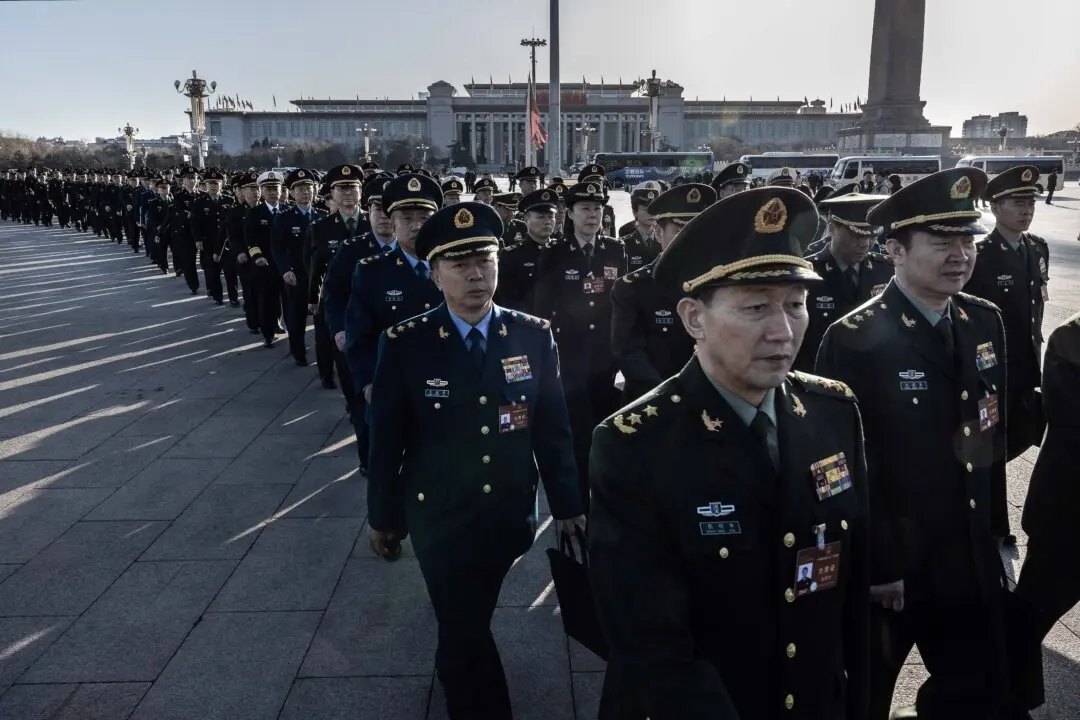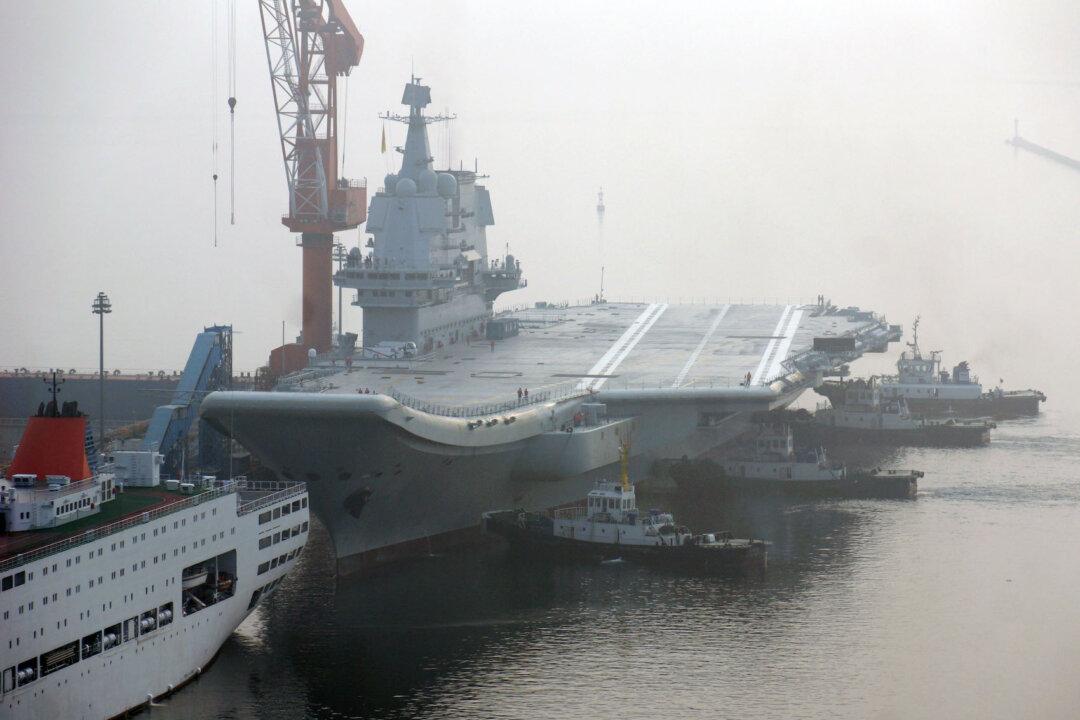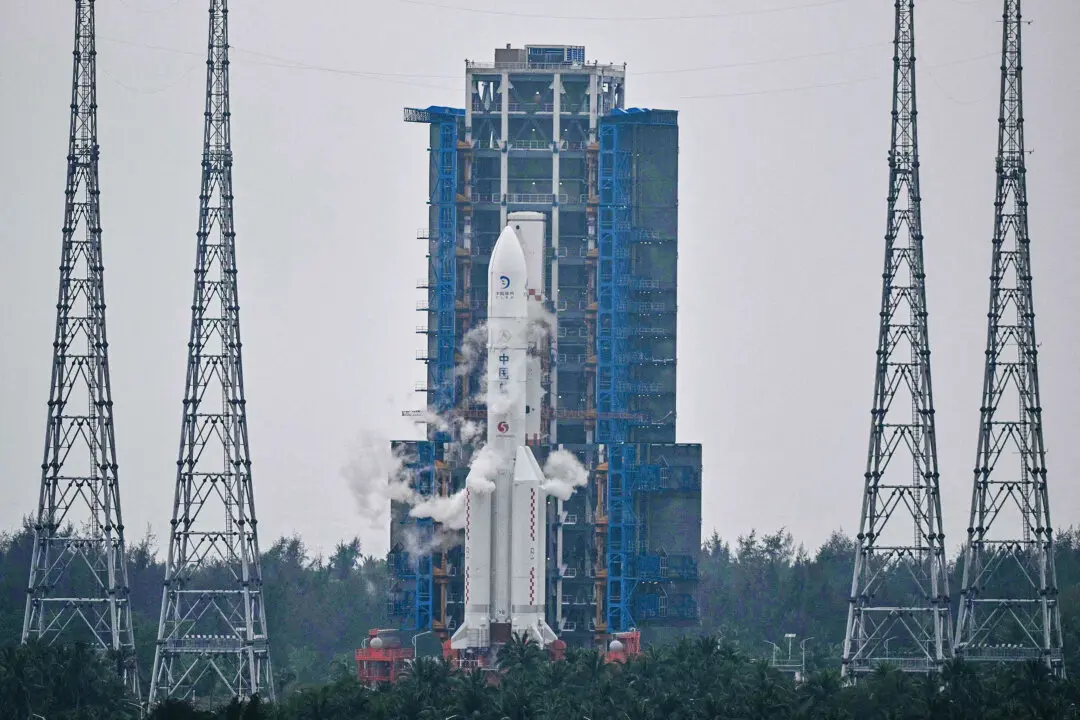Commentary
President Donald Trump has launched the most comprehensive effort in modern U.S. history to block the Chinese Communist Party (CCP) from accessing American capital, technology, and farmland—and to stop China’s military-linked entities from “buying up America.”





